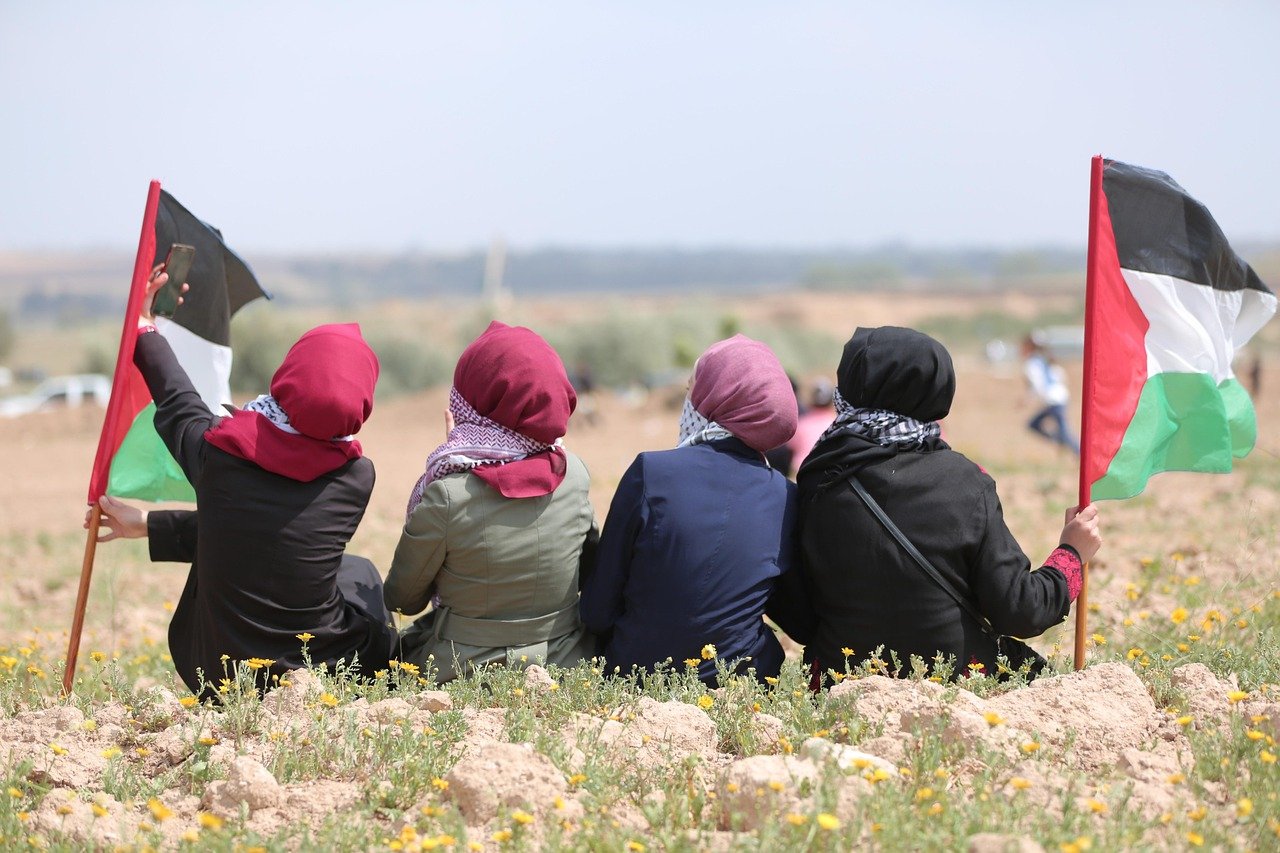On February 6, 2021, a 6.8 magnitude earthquake struck southern Turkey, leaving a path of destruction in its wake. The quake killed at least 83 people and injured over 1,600. For 15-year-old Salma Sharif, the disaster was particularly devastating: she witnessed the death of her brother and mother. After sleeping on the streets for two days, Salma\’s father Samer was told that his daughter and son had died in the earthquake. But he eventually received some good news – Salma was alive and recovering in hospital. Salma and her father were reunited, but the trauma of the event has left her psychologically broken.
The earthquake affected millions of children in both Turkey and Syria, many of whom were already struggling to recover from the effects of the Syrian civil war. The United Nations estimates over 30,000 lives have been lost in the war, and many people were already trying to rebuild their lives. The earthquake has now put them back in survival mode.
Aid workers on the ground are struggling with the mental health effects of the disaster. Between losing their own family members and homes, while rescuing people from the rubble, their mental health has deteriorated. People are showing clear signs of post-traumatic stress disorder (PTSD), especially children, many of whom have been left without parents.
The risk of further tremors has not gone away, and many people are afraid to sleep indoors. Aid workers are trying to provide psychological first aid to both adults and children, including therapy sessions and psychosocial support tents.
At the United Nations General Assembly, Middle East and Arab nations overwhelmingly voted to condemn Russia’s war in Ukraine. Among the countries, only Syria rejected the resolution while Algeria, Iran and Sudan abstained. The region has largely made clear that it supports Ukraine’s position in this conflict – publicly at least. However, Middle East nations have found themselves in a difficult position, juggling between their obligations to their Western allies and their own interests.
The devastating 6.8 magnitude earthquake that struck southern Turkey on February 6, 2021, has left a lasting impact on the region. Over 83 people have been killed and 1,600 injured, and millions of children in Turkey and Syria have been affected. People are showing clear signs of post-traumatic stress disorder (PTSD), especially children, many of whom have been left without parents. Aid workers are trying to provide psychological first aid to both adults and children, while people are afraid to sleep indoors due to the risk of further tremors. Middle East and Arab nations have largely made clear that they support Ukraine’s position in the conflict with Russia, but they are navigating between their obligations to their Western allies and their own interests.
Source link
Join our Facebook page From top right corner.

